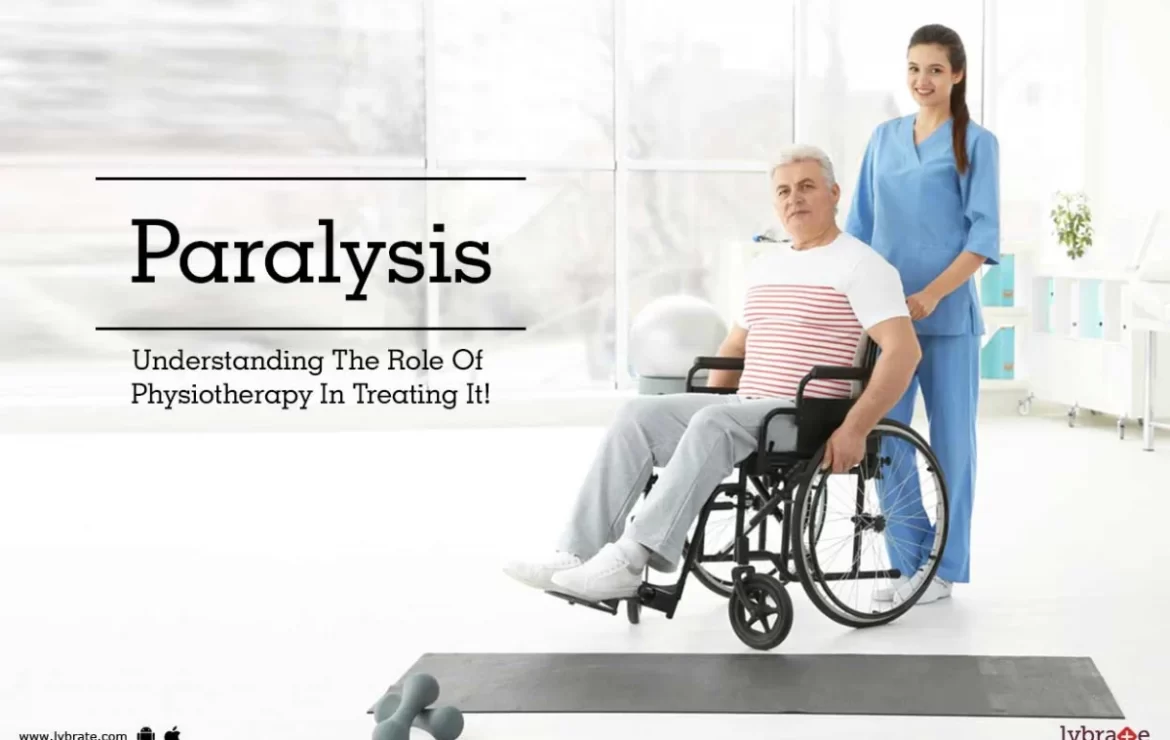Paralysis

Paralysis
Paralysis
Introduction
Paralysis is the inability to move any part of the body. It can happen suddenly or gradually, and can affect any part of the body. Paralysis might also be caused by drugs or chemicals, injury, certain diseases and conditions, infections or blood clots in the brain.
What is paralysis?
Paralysis is a loss of muscle function. It can be temporary or permanent, depending on the cause. Paralysis can be caused by a virus, injury or a problem in the central nervous system (CNS).
Paralysis can occur when damage to part of your brain causes it to stop sending signals to your body’s muscles. This damage could be caused by stroke, cancer and other medical conditions such as multiple sclerosis (MS).
- Stroke: A stroke happens when blood flow to part of your brain stops suddenly because there’s an obstruction at one point within it; this results in tissue damage that impairs normal functioning
The causes of paralysis.
- Viral infections.
- Neurological problems, such as stroke or multiple sclerosis.
- Tumors, including brain tumors and spinal cord tumors.
Types of paralysis.
There are three main types of paralysis: spastic, flaccid, and ataxic.
Spastic paralysis is the most common type of paralysis because it causes the muscles to be weak or stiff. In some cases, this can lead to a person being unable to speak or move their arms or legs properly. This can also happen in Parkinson’s disease when there’s damage to specific areas within your brain that control movement (the basal ganglia).
Flaccid paraplegia occurs when part of your spinal cord becomes damaged and doesn’t allow messages from your brain get through properly so you have no voluntary muscle control over things like your hands/feet/lips etc., which makes it difficult for someone with this condition even though they may still be able to move parts like eyesight without any problem!
Symptoms.
Paralysis is a condition that affects the ability to move. Paralysis can be caused by a number of different things, including spinal cord injuries and other types of trauma to the body.
Paralysis is often accompanied by other symptoms such as pain, weakness and difficulty breathing. In some cases it will also cause changes in how you look or how your body feels – for example if you have been injured then there may be swelling around one or more limbs that make them feel heavier than normal (this is known as paresis).
Diagnosis.
Diagnosis.
The diagnosis of paralysis is made by a doctor who will perform tests to confirm the diagnosis and determine the cause of your condition. Treatment can be done at home or in a hospital depending on the cause of your symptoms and severity of paralysis.
Treatment of paralysis.
The treatment of paralysis depends on the cause.
If the cause is a virus, there is no treatment.
If the cause is a problem in the central nervous system (CNS), there is no cure but many treatments can help improve symptoms or prevent complications.
For example: nerve blocks to block pain signals from reaching your brain; medications that slow down communication between nerves; surgery to remove damaged nerves or replace them with healthy ones; artificial limbs for people who have lost arms or legs
There are many types of paralysis, most caused by a virus or a problem in the central nervous system.
- Paralysis is a loss of muscle function.
- There are many types of paralysis, most caused by a virus or a problem in the central nervous system.
- Paralysis can be temporary or permanent.
- In some cases, you might have no symptoms at all until you develop paralysis. This can happen when your body has been infected with some kind of virus and it affects only one part of your brain or spinal cord–so that part shuts down temporarily without affecting other parts of your body directly.* For example: if you have meningitis (a bacterial infection) which damages only part of your brain’s left side (left hemisphere), then while this damage heals completely over time, it leaves behind scar tissue that causes weakness on that side.* Or perhaps something as simple as getting hit by a car while cycling through traffic will cause nerve damage in both arms and legs.* In rare cases where there isn’t any obvious cause for paralysis except for one specific area being affected (elderly people often experience peripheral neuropathy), doctors may consider whether there could be another condition causing similar symptoms such as Parkinson’s disease/Parkinsonism .”
Conclusion
It is important to be aware of the symptoms of paralytic conditions so that you can recognize them and seek medical help. The best way to treat these conditions is by developing an early diagnosis and working with a doctor who knows how to treat these kinds of problems.




